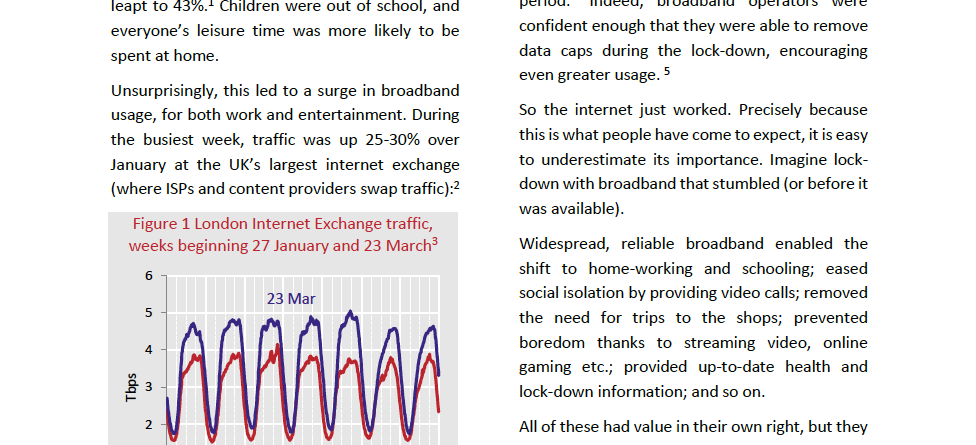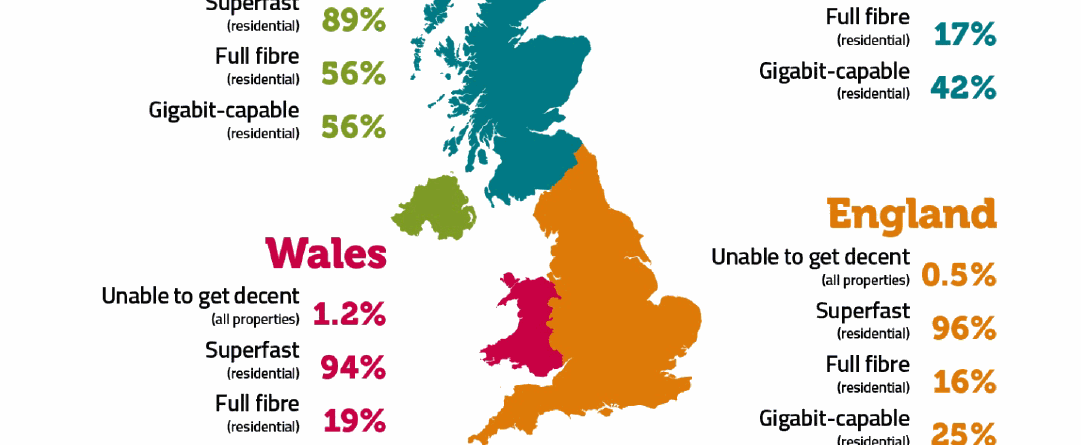UK-EU Trade and Cooperation Agreement
The UK and European Union finally agreed on a deal that will define the future relationship.
Briefly, on tariffs, there will be 100% liberalisation – zero tariffs and zero quotas on all goods that comply with the appropriate rules of origin. A broad range of other areas such as investment, competition, state aid, tax transparency and data protection is covered, as well as the ability for the UK’s continued participation in several flagship EU programmes for the period 2021-2027, subject to a financial contribution by the UK to the EU budget. Cooperation on foreign policy, external security or defence are not included.









